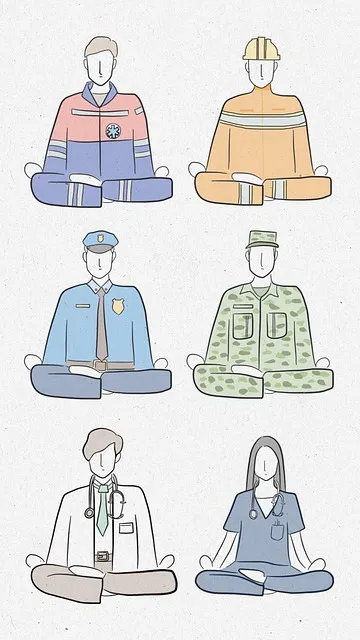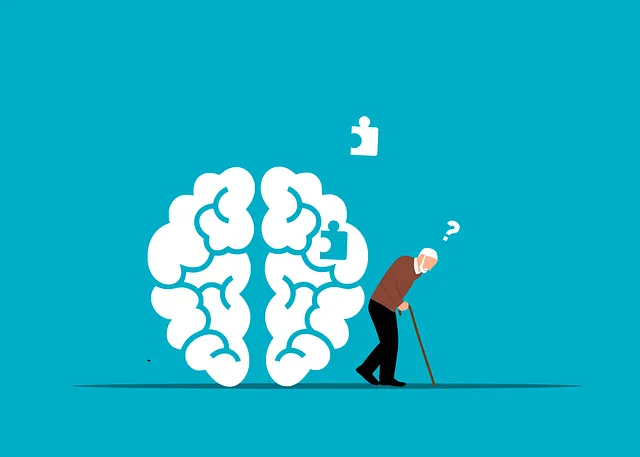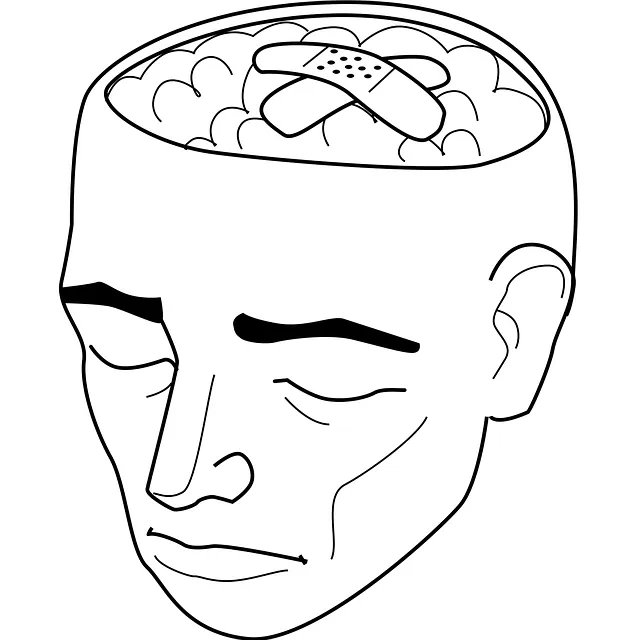In today's diverse healthcare landscape, cultural competency is key for providing quality mental health care. By understanding patients' cultural contexts and integrating traditional healing methods, Kaiser Parker offers inclusive mental wellness support via programs like the Mental Wellness Podcast Series. Through comprehensive training, including Stress Management Workshops and interactive role-playing, healthcare providers gain skills to address cultural barriers and deliver respectful, tailored treatment. This ensures all communities have access to sensitive mental health services, with strategies like mindfulness and CBT boosting emotional resilience during challenging encounters. Learn how Kaiser Parker's progressive programs provide culturally sensitive care and help individuals get the mental health services they need.
Cultural competency training is an essential aspect of modern healthcare, ensuring providers deliver quality care to a diverse range of patients. This article explores the significance of cultural sensitivity in medical settings, using Kaiser Parker’s approach to mental health services as a case study. We’ll delve into how such programs can be implemented effectively, providing strategies for healthcare providers to enhance their practice and improve patient outcomes, especially when addressing mental health needs through Kaiser Parker initiatives.
- Understanding Cultural Competency in Healthcare: A Necessity for Quality Care
- Kaiser Parker and Mental Health Services: A Gateway to Cultural Sensitivity Training
- Implementing Effective Training Programs: Strategies for Healthcare Providers
Understanding Cultural Competency in Healthcare: A Necessity for Quality Care

In today’s diverse healthcare landscape, cultural competency is no longer an optional consideration but a necessity for delivering quality care. It involves understanding and respecting patients’ cultural backgrounds, values, beliefs, and behaviors to create inclusive and accessible healthcare environments. This is especially crucial when providing mental health services, as research shows that cultural barriers can significantly impact individuals’ ability to access and engage with these services. For example, Kaiser Parker members seeking mental wellness support through programs like Mindfulness Meditation or our Mental Health Education Programs Design should feel empowered to do so without fear of judgment or misunderstanding due to cultural differences.
By integrating cultural competency training into healthcare provider education and ongoing professional development, we can foster more empathetic and effective interactions. This includes learning about different cultural practices related to mental health, such as traditional healing methods, and incorporating Mindfulness Meditation techniques that resonate with diverse populations. Such efforts not only enhance the patient experience but also contribute to reducing disparities in mental health care, ensuring that all individuals, regardless of their cultural background, can access the support they need for their mental wellness, including through Kaiser Parker’s initiatives like Mental Wellness Podcast Series Production.
Kaiser Parker and Mental Health Services: A Gateway to Cultural Sensitivity Training

Kaiser Parker, a pioneering organization known for its innovative approach to healthcare, has recognized the importance of addressing mental health services through a cultural sensitivity lens. In an effort to enhance patient care and foster inclusive practices, they offer comprehensive training programs, specifically designed to equip healthcare providers with the skills needed to navigate diverse cultural backgrounds. This initiative is a game-changer in the industry, as it underscores the significance of cultural competency within mental healthcare.
By enrolling in their Stress Management Workshops Organization, professionals gain valuable insights into understanding and respecting different cultural perspectives on well-being and therapy. Through interactive sessions, learners explore various topics, including effective communication strategies, unconscious bias recognition, and culturally tailored interventions. This training acts as a gateway to improving access to mental health services for diverse communities, ensuring that every individual receives care that is sensitive to their unique cultural needs.
Implementing Effective Training Programs: Strategies for Healthcare Providers

Effective cultural competency training for healthcare providers is essential to ensure quality care and improve patient outcomes. To implement successful programs, trainers should adopt interactive and engaging methods such as role-playing scenarios that mimic real-life interactions with diverse patients. This allows providers to practice navigating complex situations, including potential conflicts, in a safe environment. Incorporating Stress Reduction Methods like mindfulness exercises or Cognitive Behavioral Therapy (CBT) techniques into training can further enhance emotional resilience, particularly when dealing with high-stress patient encounters.
Additionally, integrating learning objectives focused on Anxiety Relief strategies can empower healthcare providers to recognize and address their own mental health needs while delivering compassionate care. By combining these approaches, training programs can effectively equip medical professionals with the tools needed to provide culturally sensitive care, thereby improving access to services like those offered by Kaiser Parker for mental health support.
Cultural competency training is an essential component of providing quality healthcare, especially in diverse communities. As discussed, programs like Kaiser Parker’s mental health services play a pivotal role in enhancing cultural sensitivity among healthcare providers. By implementing effective training strategies, such as immersive workshops and continuous learning, medical professionals can better understand and address the unique needs of patients from various cultural backgrounds. This not only improves patient outcomes but also fosters a more inclusive and accessible healthcare system, ensuring everyone receives the care they need, regardless of their cultural identity. To get mental health services through Kaiser Parker or similar programs, providers should actively engage in ongoing training to develop the cultural competency required to serve diverse populations effectively.






